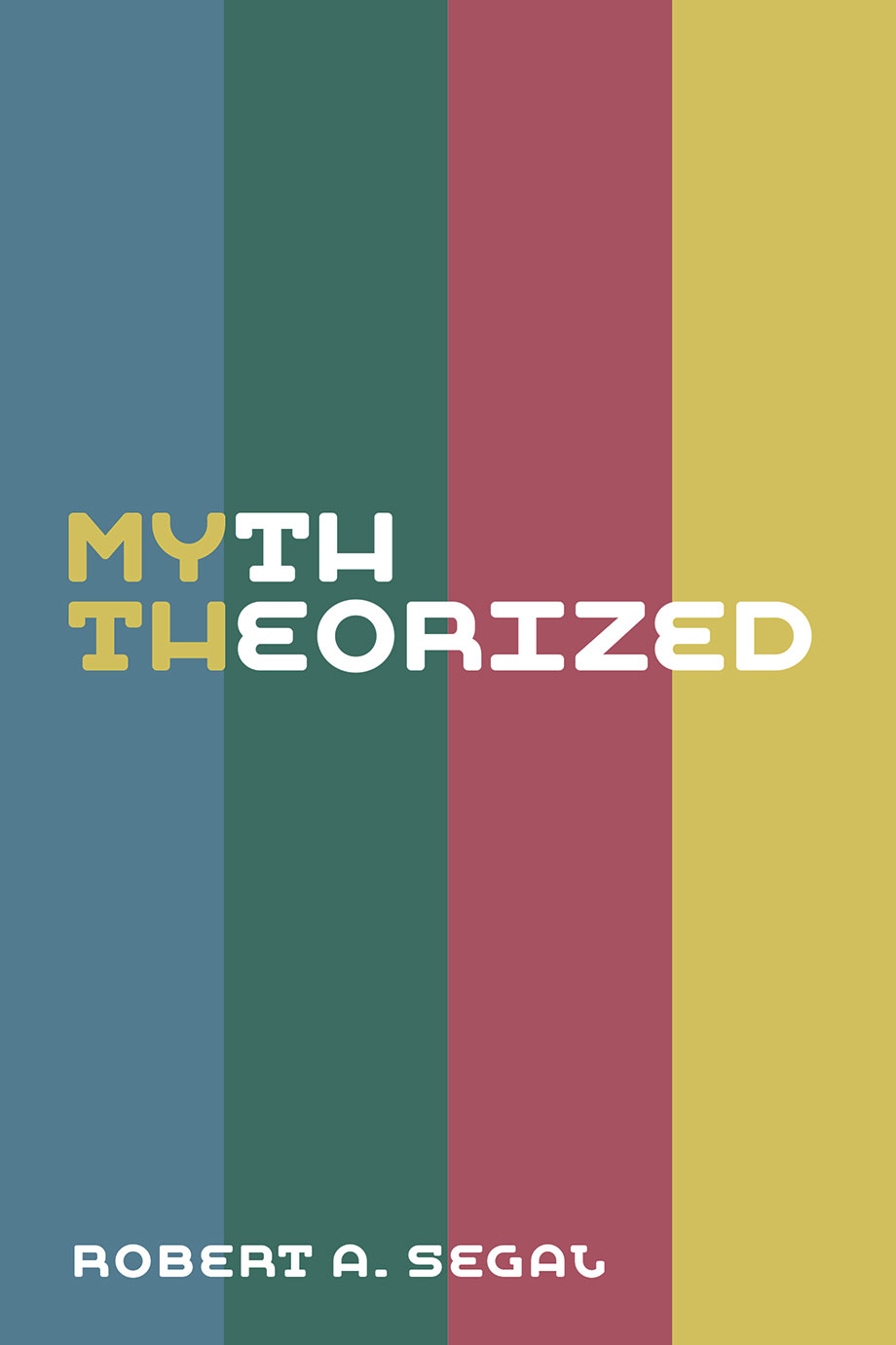Frazer and Campbell on Myth: Nineteenth- and Twentieth-Century Approaches
Myth Theorized - Robert A. Segal
Robert A. Segal [+]
University of Aberdeen
Description
In chapter five I compare the theories of two of the most popular writers on myth: Frazer and Campbell. Frazer epitomizes the nineteenth-century view of myth: that myth is a primitive, pre-scientific account of the physical world, the function of which is not merely to explain the world but, even more, to control it, above all by providing food. Myth is succeeded by science and is incompatible with it. Myth and science are not akin to horses and cars: once science arises, one cannot still have myth. Myth is false, and science is true. By contrast to Frazer, Campbell epitomizes the twentieth-century view of myth: that myth is panhuman rather than merely primitive; that myth is not merely possible for moderns but even indispensable; that myth functions not to explain but to express; and that myth functions to express the mystical oneness between the immaterial and the material, between the soul and the body, and between the divine and the human. Where for Frazer myth is part of religion, for Campbell myth is separable from religion and survives the demise of religion by science. Myth as well as science is true. There can be secular myths. Where Frazer reads myth literally, at least usually, Campbell reads myth symbolically. Where for Frazer myth is about the physical world, for Campbell myth is about humans--specifically, about the human mind. At the same time Campbell parallels the human mind to the cosmos itself.






